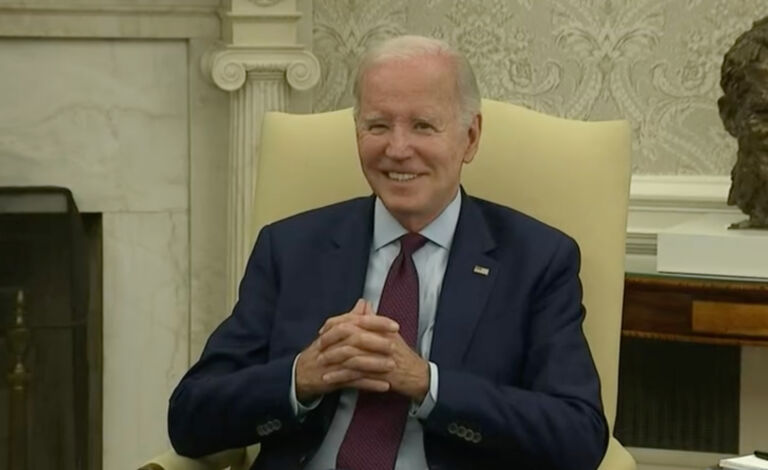Naomi Lim of the Washington Examiner writes about potential long-term impacts from the Biden administration’s current struggles.
President Joe Biden likes to cite American resilience in his stump speeches, but disappointments regarding key campaign pledges may test voter patience in next year’s midterm elections.
Negotiations over Biden’s signature infrastructure, social welfare, and climate spending packages have ramped up before surface transportation funding expires and the president travels to Scotland for a United Nations environment summit next month. But if talks collapse like they did a couple of weeks ago, Biden’s poll numbers may not recover as he grapples with other priorities, such as voting rights, before the 2022 cycle.
Biden’s net negative job approval numbers are cementing, according to pollster David Paleologos. Disapproval of Biden outpaced his approval in the last seven national surveys, other than a CNN tie , Suffolk University Political Research Center’s director told the Washington Examiner.
“You can only break that hardening with some added wins legislatively, or you have some major event that totally reshapes Biden’s approval and the public’s perception of Biden’s approval,” he said, employing Sept. 11 as a previous example.
Biden’s problems are exacerbated by the economy, particularly so-called “stagflation,” according to Paleologos. Stagflation refers to the confluence of stagnant economic growth and high inflation rates. …
… [T]o please Sens. Joe Manchin of West Virginia and Kyrsten Sinema of Arizona, liberal policies will have to be stripped from the social welfare and climate package. That is likely to include Biden’s $150 billion Clean Electricity Performance Program, which would have aimed to hasten “the transition toward solar and wind power and slash[ing] greenhouse gas emissions.”
Failing to broker a green substitute before the 26th Conference of the Parties to the U.N. Framework Convention on Climate Change’s World Leader Summit in November may damage Biden’s credibility on the issue, according to his own environment envoy John Kerry, but also depress turnout next year among voters who care about it.


